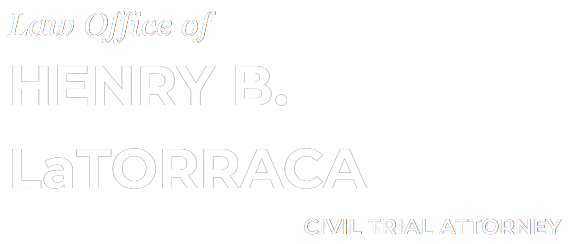Investors and entrepreneurs in California might have an interested in learning more about defining and identifying deceptive trade practices. Any activity that an enterprise or individual participates in that is designed to lure or mislead consumers into purchasing a service or product may be characterized as a deceptive trade practice. Odometer tampering and false advertisements are two of the most prominent examples of these types of schemes.
Various deceptive trade practices are unique in their design, execution and impact so the offenses are often governed by a special set of laws. Some states levy criminal charges for these offenses while others may place these incidents in civil jurisdiction, allowing a victim to sue for compensation or punitive damages. The individual or business accused of committing the deceptive trade practices may also be sued by the attorney general of the state as well. Because these offenses can have an impact in multiple jurisdictions, several states operate according to the Uniform Deceptive Trade Practices Act.
The standardized litigation does not detract or add to any state, but the UDTPA established general provisions that may be covered by specific laws or issues in the resident state. The states that do not recognize the UDTPA operate according to laws that are typically structured similarly. When there is a violation of laws prohibiting deceptive trade parties, the resulting penalties may include fines, imprisonment or damages as well as a restraining orders or injunctions designed to prevent future infractions.
People who need more information about business fraud may benefit from contacting a lawyer. Legal counsel may be able to investigate the complaint and determine whether the business is in violation of local, state or federal laws. Lawyers may be able to gather evidence showing that there were deceptive trade practices used, and they may be able to quantify the economic and noneconomic damages suffered by the plaintiff.





